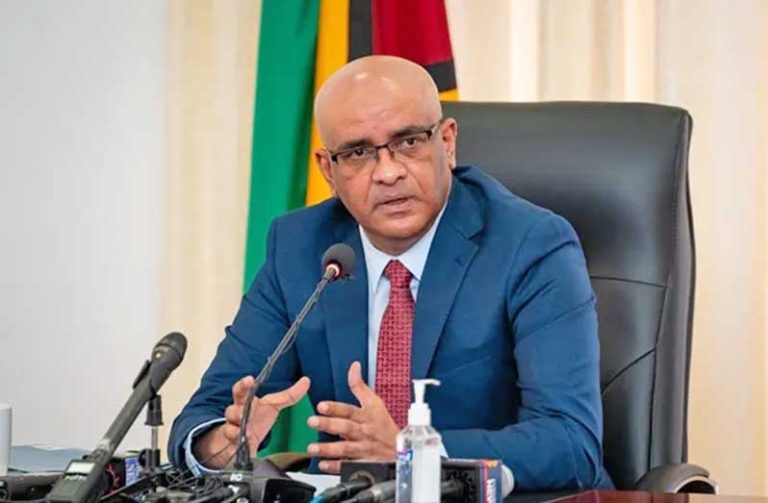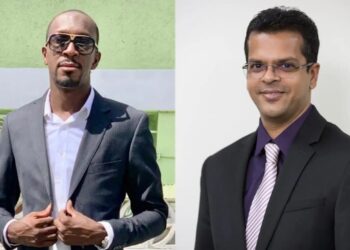On Monday, Chief Justice (ag) Roxane George-Wiltshire SC dismissed legal proceedings initiated by Opposition parliamentarian Catherine ‘Cathy’ Hughes, who sought judicial declarations concerning the establishment of the Human Rights Commission and alleged discrimination linked to remarks made by Vice-President Bharrat Jagdeo.

The dismissal was confirmed in a statement from the Attorney-General’s Chambers.Hughes, a member of the Alliance for Change (AFC), contended that her constitutional rights were violated due to the State’s failure to operationalize the Human Rights Commission and by Jagdeo’s alleged derogatory comments made during a press conference on November 23, 2023.

At that event, Jagdeo referred to Hughes as a “low-life,” which she claimed constituted discrimination against her as a female African politician. She sought declarations asserting that the Vice-President’s statements violated her right to equality under Article 149D of the Constitution and her rights as a woman under Article 149F.In her legal arguments, Hughes asserted that the absence of the Human Rights Commission breached Article 154A of the Constitution and her legitimate expectation for its establishment.
However, Attorney-General Anil Nandlall, SC, vehemently rejected Hughes’ claims, arguing that she failed to substantiate a case for discrimination under Articles 149, 149D, and 149F. Nandlall emphasized that Article 154A(2) explicitly states that the rights mentioned in that Article do not encompass any fundamental rights guaranteed under the Constitution.Consequently, he maintained that Hughes could not invoke Article 154A concerning rights already safeguarded under the fundamental rights framework.
Nandlall further contended that there was no evidence to support claims of discrimination arising from the Vice-President’s comments, arguing that the context of the remark was solely about Hughes and did not imply broader discrimination based on gender or race. For a discrimination claim to hold, Nandlall explained, there must be a true comparator—an individual in similar circumstances differing only by race or gender—and in this case, there was none.
In her ruling, Chief Justice George concurred with the Attorney-General’s assessment, stating that Hughes had not adequately established a case of discrimination under the Constitution. The court found that Jagdeo’s comments, in isolation, did not constitute a violation of Hughes’ fundamental rights, nor did the absence of the Human Rights Commission amount to a constitutional breach.
Moreover, Justice George highlighted that Hughes failed to provide any evidence justifying her decision not to approach the Women and Gender Equality Commission, an existing constitutional body responsible for investigating alleged violations of women’s rights and ensuring compliance with international standards.













